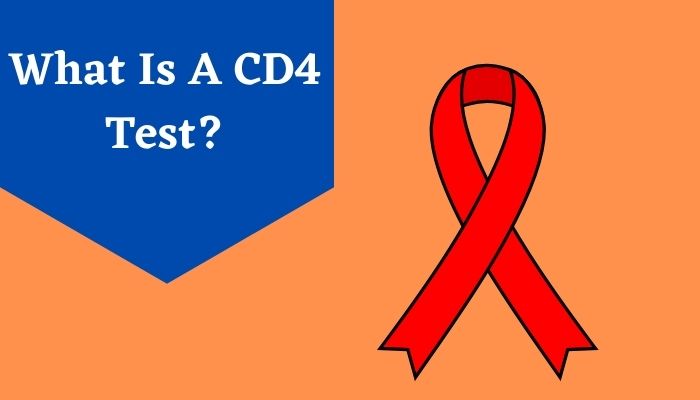The CD4 test is an important test that tracks the CD4 cell count in the blood. These cells are also called by their commoner name of T-cells, and are white blood cells combating various infections and building up overall immunity levels.
| Name of the Test | CD4 Test. |
| What does it measure? | The test measures the CD4 cell count in the blood. |
| What are CD4 cells? | CD4 cells are white blood cells, which help in combating infections and enhancing overall immunity. |
| What is the test used to check for? | The CD4 count test checks body immune system health for those who are affected by HIV (human immunodeficiency virus). |
Knowing More About the CD4 Test
The CD4 test or CD4 count test as it is also known helps in measuring the count of CD4 or T-cells in the body. These white blood cells play a crucial role in keeping infections at bay while also maintaining healthy immunity. The test helps in tracking the immune system’s condition for those who are infected with human immunodeficiency virus or HIV. This is a condition that attacks these cells and eliminates them. If excessive cell volumes are lost in this manner, then the body immunity system will face issues in keeping infections away.
A normal CD4 count indicates that the immune system is healthy and that your system is responding well to HIV medication. The test helps doctors find out about any possible complications of a serious nature due to HIV. The test is also known as the T4 count, CD4 lymphocyte count, T-helper cell count, CD4+ count or the CD4 percent test.
Top 6 Uses of CD4 Test
This test may help with the following aspects:- Find out how HIV is impacting the immune system, helping the doctor find out about possible risks of complications.
- Decide on beginning/changing HIV medication.
- Diagnosis of AIDS or the acquired immunodeficiency syndrome.
- This is essential since many individuals infected with HIV do not always have AIDS. The latter happens when the count is excessively low.
- AIDS is the severest HIV infection type, damaging the immune system and leading to various ailments that can sometimes be life-threatening as well.
- Those with organ transplants may also require the test to assess the impact of medication on their immune systems.
Top 5 Purpose of CD4 Test
- If you have been diagnosed with HIV.
- You will undergo testing periodically for witnessing the changes in CD4 cell counts.
- If you are undergoing HIV treatment, then CD4 tests may be regularly required to assess the impact of medication.
- Tests like the CD4-CD8 ratio may be recommended by your doctor as well. CD8 cells are other white blood cells that combat cancer cells and other harmful agents. The test compares counts of these cell types in order to understand the condition of the immune system and its functioning.
- HIV Viral Load tests may also be recommended for tracking HIV volumes in the blood.
Procedure of CD4 Test
Your doctor or healthcare expert will insert a needle into the arm for taking a tiny blood sample in a vial or test tube. There are no special preparatory measures required beforehand for this test. There are negligible risks of getting this test done as well. There could be a little bruising or minimal pain at the site of insertion of the needle at times. However, this usually goes away swiftly in case it happens.Decoding the Results of CD4 Test
The CD4 test results are expressed as number of cells per cubic millimeter of the blood. Here are the approximate results that may be obtained:- 500-1,200 cells for each cubic millimeter (indicates a normal reading).
- 250-500 cells for each cubic millimeter (indicates an abnormal reading).
- 200 or lesser cells for each cubic millimeter (indicates life-threatening ailments/infections or AIDS).


